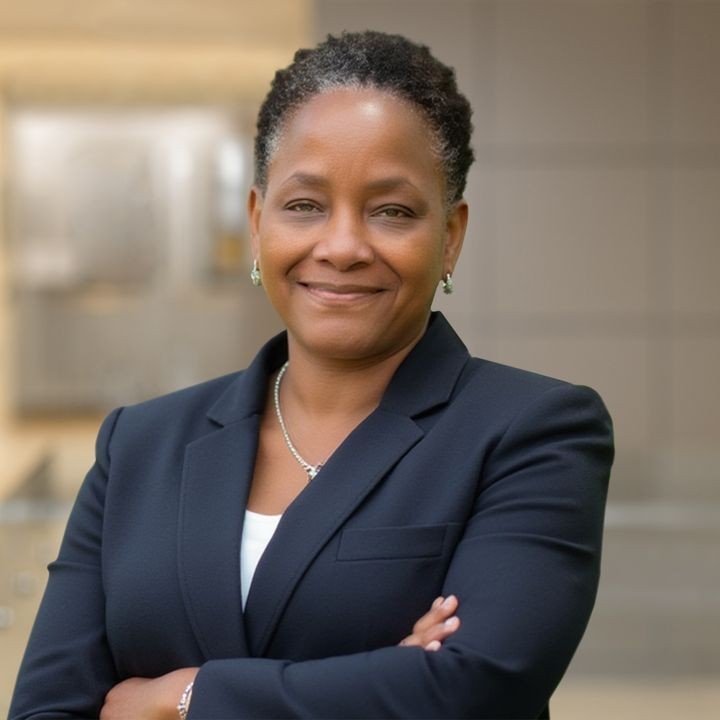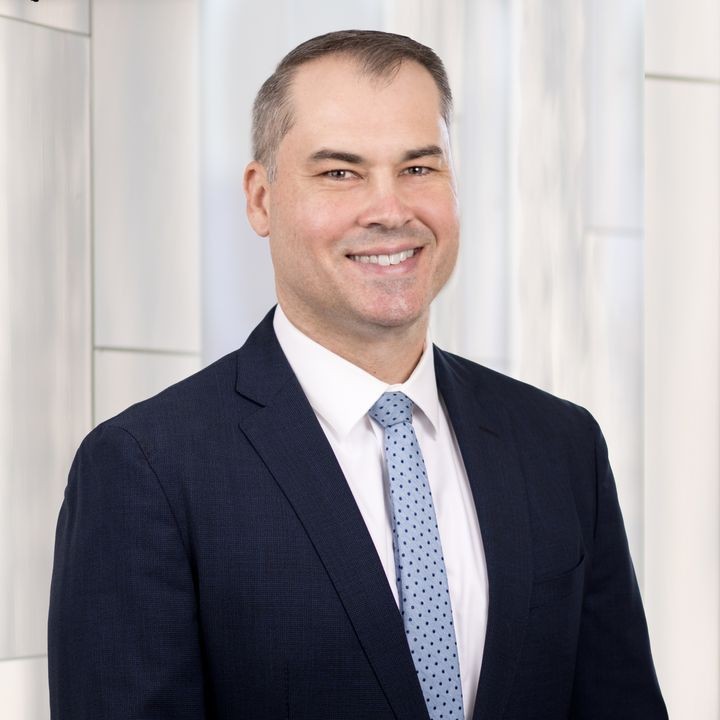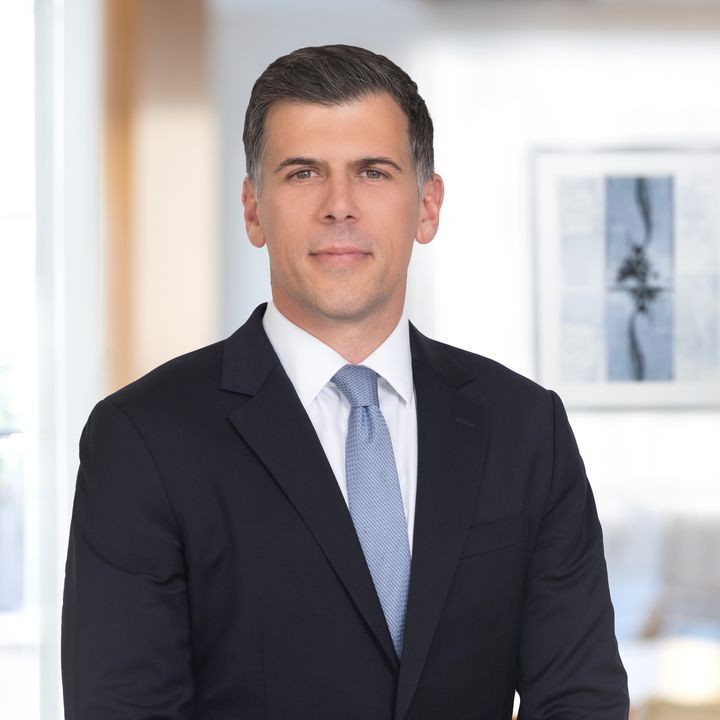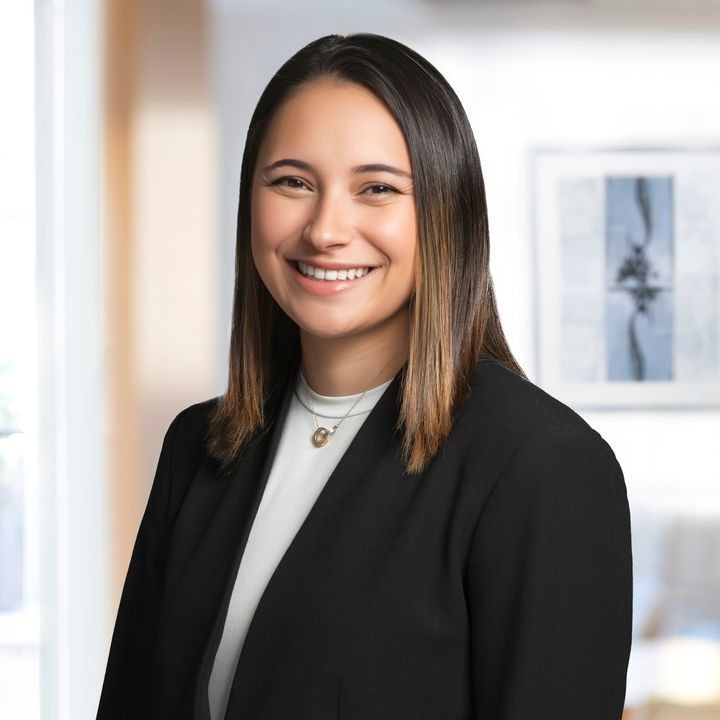A New Sheriff in Town: State Attorneys General Take Action To Enforce Violations of the Foreign Corrupt Practices Act
What You Need to Know
Key takeaway #1
California Attorney General Rob Bonta issued an advisory to California businesses that his office will enforce FCPA violations under California’s Unfair Competition Law. This is a key development in FCPA enforcement following the Trump Administration’s Executive Order pausing federal enforcement of the FCPA.
Key takeaway #2
States with similar unfair competition laws are likely to fill the void in FCPA enforcement.
Client Alert | 4 min read | 04.14.25
Foreign Corrupt Practices Act (“FCPA”) enforcement has been fairly predictable for many years as the Fraud Section of the Department of Justice (“DOJ”) has maintained exclusive authority over investigating claims and bringing enforcement actions in federal courts across the country. President Trump’s recent pause on FCPA enforcement, the first of its kind since the statute was passed in 1977, has created significant uncertainty for individuals and businesses operating internationally regarding the future of FCPA enforcement. While DOJ is in the process of assessing what the future of FCPA enforcement, state attorneys general are stepping in. On April 2, California Attorney General Rob Bonta issued a Legal Advisory (the “Advisory”) to California businesses explaining that violations of the FCPA are actionable under California’s Unfair Competition Law (UCL). The announcement signals a shift in FCPA enforcement where states may take the lead and pursue FCPA enforcement through their state unfair competition laws.
The Trump Administration’s Executive Order
Designed to prevent bribery and corruption in international business dealings, the FCPA makes it unlawful for certain persons or entities to make corrupt payments to foreign government officials in exchange for obtaining or retaining business. On February 10, 2025 the Trump Administration issued an Executive Order (“EO”) pausing FCPA enforcement for a period of 180 days to further American economic and national security and “eliminat[e] excessive barriers to American commerce abroad.” During the pause, the EO directed the United States Attorney General to cease any new FCPA investigations unless the Attorney General determined an exception should be made, review all existing FCPA investigations or enforcement actions and take “appropriate action with respect to such matters to restore proper bounds on FCPA enforcement,” and issue guidance on the future of FCPA enforcement. The EO also authorizes the Attorney General to extend the pause for an additional 180 days.
In light of the EO, DOJ is in the process of actively reviewing existing matters, including those already under indictment. Multiple cases set for trial have seen their trial dates pushed to permit DOJ to undergo this review and DOJ recently took the extraordinary step of dismissing one of these cases consistent with the EO’s stated goals. A federal judge in the District of New Jersey recently granted DOJ’s request for dismissal of an FCPA case against Cognizant Technology Solutions Corp. executives for allegedly bribing an Indian official for help obtaining a construction permit for a new office campus in Chennai. In another matter, the DOJ recently informed a court in the Southern District of Florida that following a detailed review, the DOJ was moving forward with a case against individuals allegedly involved in bribing a Philippines election official in return for contracts to provide voting machines and services for the country’s 2016 elections. DOJ’s review of other matters is ongoing.
California State Attorney General Enforcement
On April 2, California Attorney General Bonta issued an Advisory reminding businesses that despite shifting federal enforcement priorities regarding the FCPA, as stated in the EO, it remains illegal for California businesses to pay foreign officials to wrongfully obtain or retain business. Specifically, the Advisory explains that the FCPA remains binding federal law and that FCPA violations are actionable under the UCL, which prohibits unlawful or fraudulent business practices. CA Bus. & Prof. Code, § 17200 et seq. The Advisory makes clear the UCL “was enacted to preserve business competition and protect consumers, prohibits unlawful, unfair, and fraudulent business acts and practices.” The Advisory further explains that the UCL may be triggered by “borrow[ing] violations of other laws and treat[ing] them as unlawful practices that the statute makes independently actionable.” Thus, the California Attorney General may bring enforcement actions against businesses and individuals for violations of the UCL, including those predicated on FCPA violations. The California Attorney General may seek civil penalties, restitution and injunctive relief for FCPA violations and may obtain disgorgement as a remedy for UCL violations.
State Attorneys General – The Future of FCPA Enforcement?
It remains to be seen whether other states will follow Attorney General Bonta’s lead. But there is good reason to believe they will. First, state attorneys general have quickly sought to challenge the Administration’s Executive Orders and are moving to fill the void when federal agencies, and the federal government more broadly, abdicate long-standing norms and practices. Second, state attorneys general care deeply about consumer protection, bribery and foreign influence in their state economies. Finally, most states have unfair and deceptive practices (UDAP) laws that provide state attorneys general with broad authority to take action against “unfair” or “deceptive” practices. While some of these laws limit violations to actions that directly harm consumers, such as false advertising, see N.Y. Gen. Bus. Law § 349, states with UDAP laws similar to California’s UCL prohibiting actions that are generally unfair or deceptive, without having to prove direct harm to consumers, would have the legal infrastructure to pursue foreign bribery cases.
Time will tell if other state attorneys general join California in the effort to fill any gaps left by DOJ in the realm of anti-bribery enforcement. Regardless, now is the time for companies to ensure their compliance programs consider state attorney general anti-corruption risks and ready themselves for possible state investigations.
Crowell attorneys within its State Attorneys General and Investigations practices stand ready to advise you or your clients on FCPA-related investigations and enforcement.
Insights
Client Alert | 5 min read | 04.15.25
Is Section 230 Going to Change? The FTC, DOJ and FCC Signal Significant Change for Online Businesses
On April 3, 2025, the United States Department of Justice’ Antitrust Division hosted a forum on “Big-Tech Censorship” in which key Trump Administration Officials announced their desire to reform, or entirely overhaul, Section 230 of the Communications Decency Act. In March 2025, we wrote about the Federal Trade Commission’s (FTC) inquiry into “tech censorship” and its associated request for public comments from those who “may have been harmed by technology platforms that limited their ability to share ideas or affiliations freely and openly.” That RFI remains open, and its deadline is May 21, 2025.
Client Alert | 4 min read | 04.10.25
Hikma and Amici Curiae Ask Supreme Court to Revisit Induced Infringement by Generic “Skinny Labels”
Client Alert | 1 min read | 04.09.25
Client Alert | 12 min read | 04.09.25







